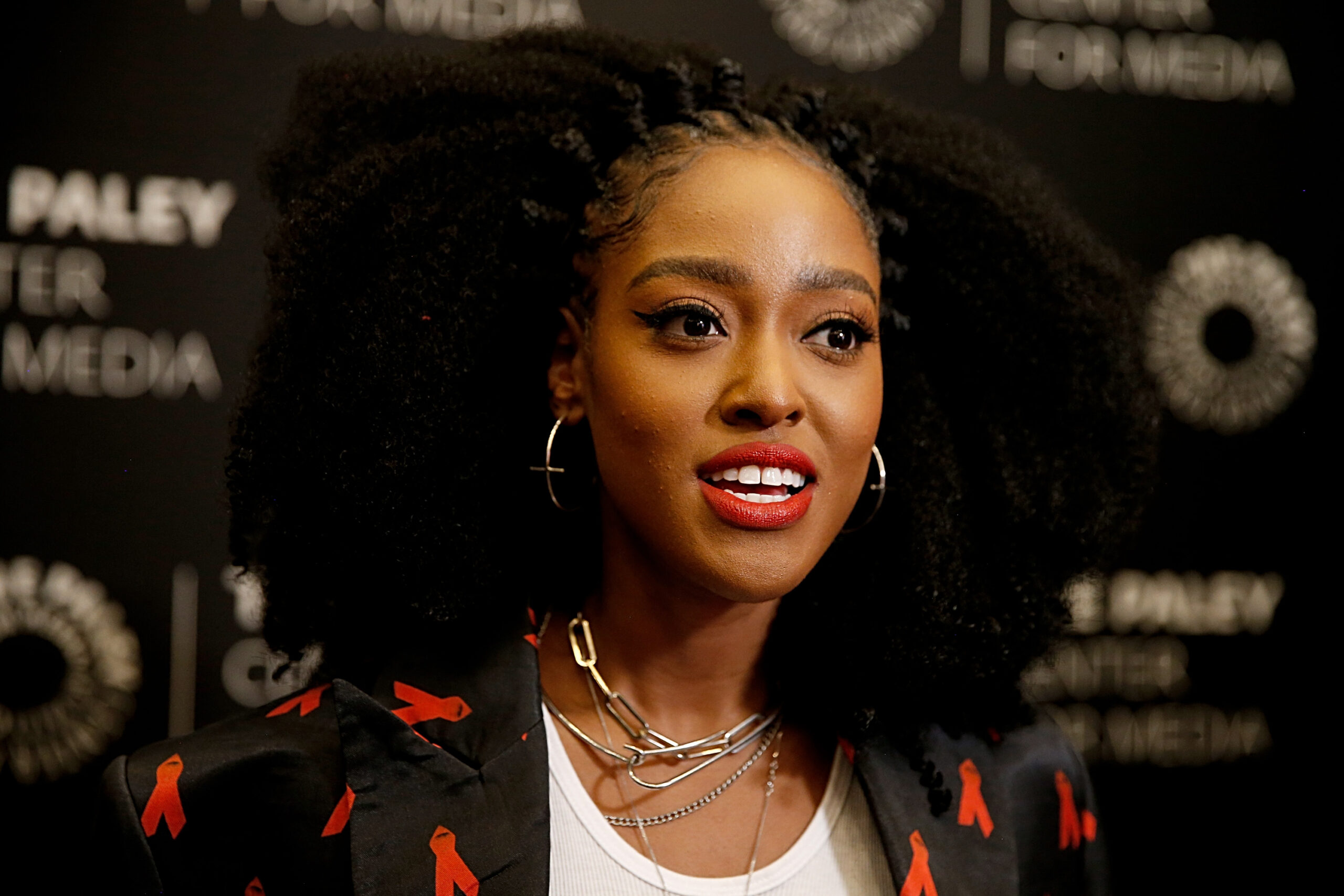Arsema Thomas is sharing a new perspective on her role as Lady Danbury in Netflix’s buzzed about “Queen Charlotte” series.
“Queen Charlotte” was written and created by Shonda Rhimes. The show is a prequel spinoff of the primetime TV titan’s hit Bridgerton series.
It follows the story of the Bridgeton fan favorite, Queen Charlotte, as she navigates a new life after her marriage to King George III. She takes the throne as the first Black queen of England at just 17 years old.
Key to Charlotte’s coming-of-age story is her friendship with Lady Agatha Danbury — who is played by Thomas.
Lady Danbury, a voice for Black Women
In an interview with Today.com, Thomas shared why playing the role of Lady Danbury means so much to her and the voice the larger series provides for Black women.
“To be able to play this character, who essentially voluntarily wants to be alone, turns down men, turns down the ‘stability and security’ that a relationship would give during that time and says, ‘I would rather be alone and take that risk,’ is something so liberating and hopefully encouraging to people,” Thomas said.
Young Lady Danbury has been a breakout character from the Queen Charlotte series — especially among Black women. Many have taken to social media to praise her wit. They’ve applauded her dedication to plotting her own path in an era focused on limiting the agency of women, especially Black women. Social media users have also commented on her resolve in the face of personal challenges like the death of her husband Lord Danbury.
For Thomas, the characters of Lady Danbury and Queen Charlotte provide an opportunity to highlight the reality of systemic inequality Black women face and how Black women take on these challenges.
“It’s such a complex situation yet also … it’s tied so simply to misogynoir,” Thomas said “Black women and their relationship to the world around them is so different. One, because of anti-blackness. But also … it’s the sexism of it all.”
Queen Charlotte has faced some criticism from viewers. Critiques include the show’s lack of exploration into topics like colorism and racism in 19th-century England. Critics also site the major emotional and romantic trauma the Black women characters must navigate.
But despite its controversial shortcomings, the show still provides a rare opportunity to see Black women’s stories on the small screen against the background of the Victorian Era, a note that Thomas is grateful for.
“Just to be able to touch on so many different aspects of the Black woman narrative. I think for a lot of us the fact that we’re all grouped into a monolith, yet we are all so different,” Thomas said.
